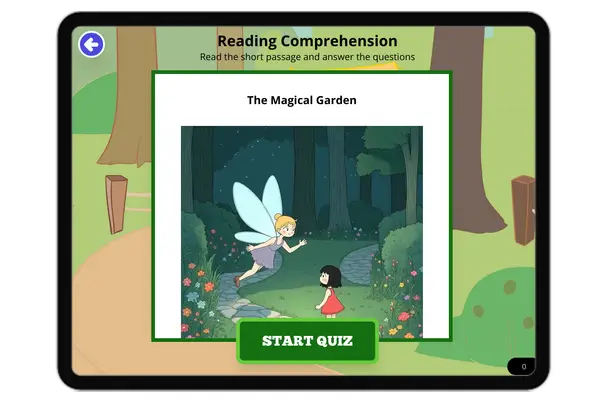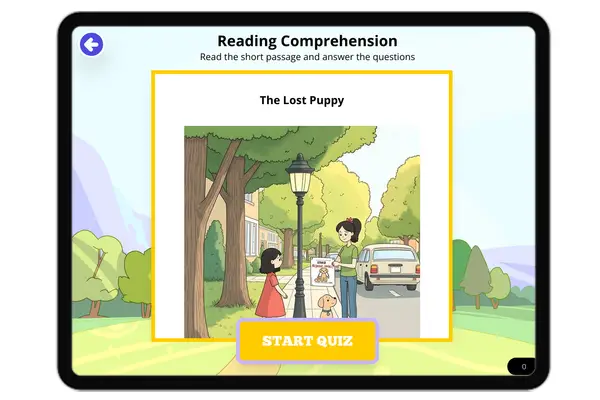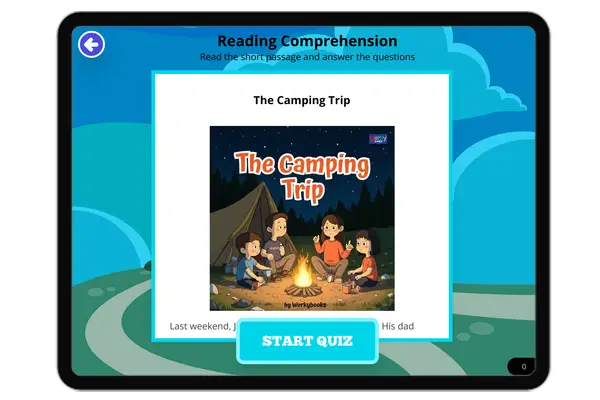Learning Modal Auxiliary Verbs Worksheet
- 4
- L.4.1.C
This learning resource is available in interactive and printable formats. The interactive worksheet can be played online and assigned to students. The Printable PDF version can be downloaded and printed for completion by hand.
About the "Learning Modal Verbs" Worksheet
Learning Modal Verbs is an engaging worksheet designed to help students practice and reinforce their understanding of modal verbs in English. This interactive and printable worksheet presents a series of 10 incomplete sentences, challenging learners to fill in the blanks with appropriate modal verbs from a provided list. The exercises cover a range of common modal verbs, including can, could, may, might, should, shall, will, would, and must.
This interactive and printable worksheet offers a diverse set of sentence contexts, allowing students to explore how modal verbs are used in various situations. From expressing ability and possibility to making suggestions and requests, the worksheet covers multiple aspects of modal verb usage. By completing these exercises, learners can enhance their grammar skills, improve their sentence construction abilities, and gain confidence in using modal verbs correctly in both spoken and written English.
What will your child learn through this worksheet?
- Proper usage of modal verbs in different contexts
- Distinguishing between various modal verbs and their functions
- Constructing grammatically correct sentences using modal verbs
- Understanding the nuances of expressing ability, possibility, permission, and obligation
Learning Outcomes
Cognitive
- Identify and correctly use at least 7 out of 9 modal verbs presented in the worksheet
- Demonstrate understanding of modal verb functions by completing 8 out of 10 sentences accurately
Psychomotor
- Practice writing modal verbs in the context of complete sentences
- Improve handwriting skills through filling in blanks with appropriate modal verbs
Affective
- Develop confidence in using modal verbs in everyday communication
- Foster a positive attitude towards learning and applying English grammar rules
Interpersonal/Social
- Enhance ability to express requests, suggestions, and possibilities in social interactions
- Improve communication skills by learning to use modal verbs appropriately in various social contexts
Tags
Modal verbs, English grammar, sentence completion, language learning, grammar exercises, verb usage, educational worksheet, English language skills
Common Core Standards Covered
Perfect For:
- • Classroom assignments
- • Auto-graded assessments
- • Printable handouts
- • Home learning support
- • Homework help
- • Skill reinforcement
- • Curriculum planning
- • Self-paced learning
- • Progress tracking










